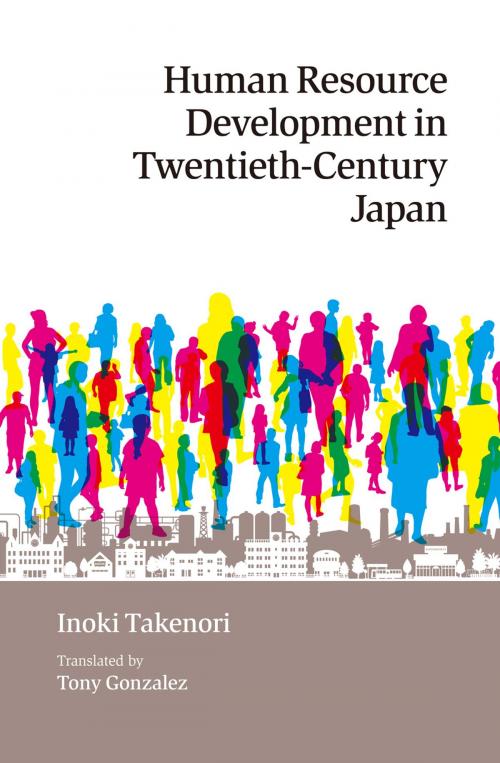Human Resource Development in Twentieth-Century Japan
Nonfiction, Reference & Language, Education & Teaching, History| Author: | Takenori INOKI | ISBN: | 9784866580036 |
| Publisher: | Japan Publishing Industry Foundation for Culture | Publication: | March 1, 2017 |
| Imprint: | Japan Publishing Industry Foundation for Culture | Language: | English |
| Author: | Takenori INOKI |
| ISBN: | 9784866580036 |
| Publisher: | Japan Publishing Industry Foundation for Culture |
| Publication: | March 1, 2017 |
| Imprint: | Japan Publishing Industry Foundation for Culture |
| Language: | English |
For Japan, where natural resources are not abundant, the importance of human resources cannot be overstated. It is the person, and the person only, that determines economic wealth. So what characteristics will emerge when reviewing the economic development of modern Japan through its history of human resources formation? In this book, we will examine the formation and allocation of human resources that brought about economic growth, focusing on the form of education and training in schools, companies, and the military. In particular, how are knowledge and skills delivered in a "have-not" country like Japan? Following transitions form the Edo period to the present age, we approach the core of Japanese systems from both historical and theoretical perspectives.
For Japan, where natural resources are not abundant, the importance of human resources cannot be overstated. It is the person, and the person only, that determines economic wealth. So what characteristics will emerge when reviewing the economic development of modern Japan through its history of human resources formation? In this book, we will examine the formation and allocation of human resources that brought about economic growth, focusing on the form of education and training in schools, companies, and the military. In particular, how are knowledge and skills delivered in a "have-not" country like Japan? Following transitions form the Edo period to the present age, we approach the core of Japanese systems from both historical and theoretical perspectives.















